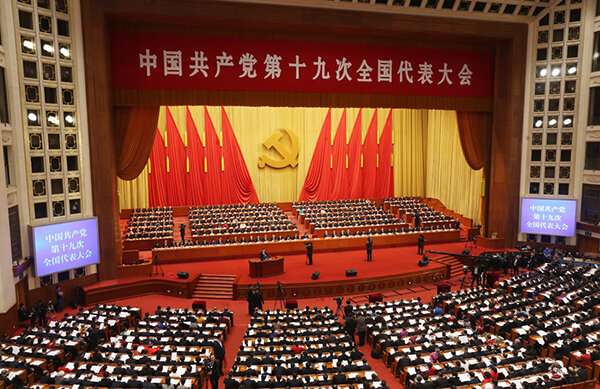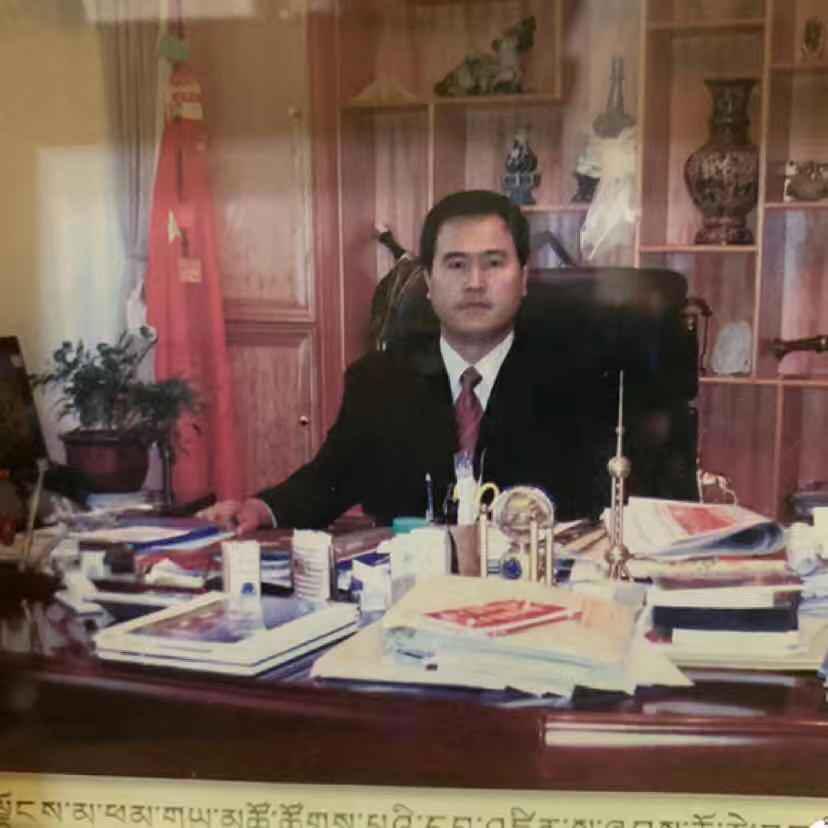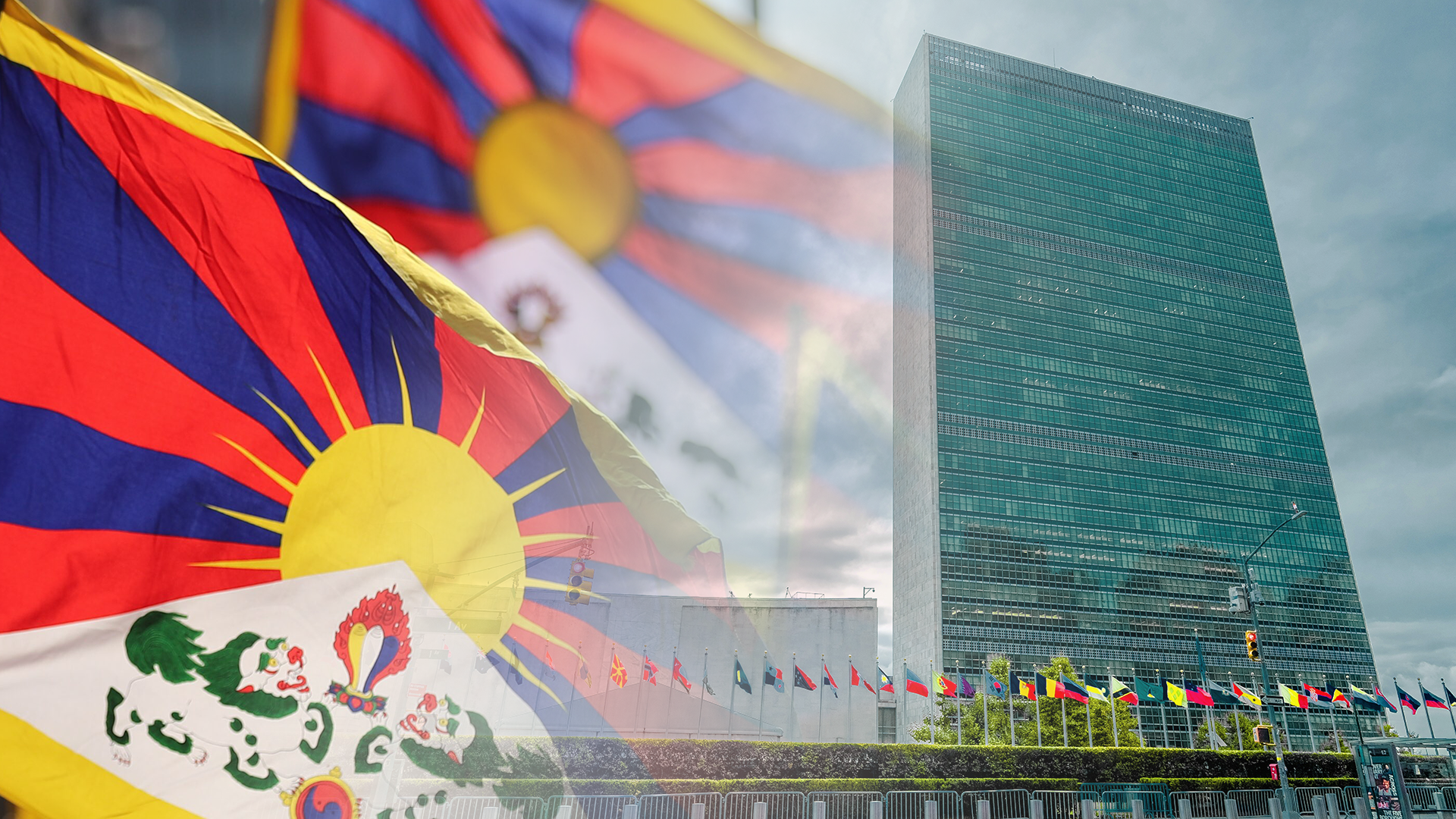
Chinese authorities continue to promote the Chinese Communist Party’s history Education Campaign and continue monitoring outsiders in monasteries
In the lead-up to the 100th anniversary of the Chinese Communist Party (CCP) on 1 July, Beijing has continued to promote its campaign to tighten its hold on Tibetans. This has been especially prevalent in the monasteries, educating Tibetans about the Party’s history and ensuring their allegiance to the CCP’s contribution to the country.

Inspection at Sangling Monastery, Nyingtri
President Xi Jinping added his anti-Tibetan political ideology to the constitution of China in the landmark event of the 19th National Congress of the CCP, which took place in October 2017. The CCP has always made it clear that they view Tibetan Buddhism as being inextricably tied to Tibetan resistance. He therefore laid down the roadmap to increase the Party’s grip over religion and oppose “erroneous” ideologies. Tibetans inside Tibet were reportedly forced to watch Xi Jinping’s three-hour speech, which railed against separatism.
A renewed determination to control Tibet’s religion
The measures imposed on Tibet since the 19th National Congress demonstrate the renewed determination of the CCP to wrestle control over Tibet’s religion. Monks at monasteries were given lectures on patriotism and separatism, with a series of mandatory educational programs followed by assessments for the monks. A number of restrictions and policies were also mandated for all Tibetans: the ‘Four Speaks and Four Loves’, the ‘Four Standard Policy’, and the ‘Twenty Prohibitions’.
The ‘Four Standard Policy’dictates the ideal behaviour that monks and nuns should strive to be, in relation to political reliability, harmony in practise of religion, moral integrity capable of obedience to the public, and playing an active role at critical times.
‘Four Speaks and Four Loves’ refers to openly showing gratitude, allegiance and love for the CCP and the People’s Republic of China.
On 4 June, Gyalpo, the Deputy Secretary of the Party leadership group and Director of the Nyingtri Ethnic Religious Bureau, visited several monasteries in Bhowo County, Nyingtri, which is governed as part of the Tibet Autonomous Region, to inspect the monks and cadres stationed there.
Gyalpo stressed that the monastic management committee should play its role in maintaining stability, registering outsiders who enter the monastery. He also asked monks to consolidate and deepen the ‘Four Speaks and Four Loves’ and follow the ‘Four Standard Policy’. Monks have been told to carry out a series of Party history education programmes in the monastery.
Drive to promote the CCP’s centenary
At the beginning of May, Chinese authorities in Yushu Tibet Autonomous Prefecture deployed large numbers of provisional cadres to towns and villages. They visited every family to publicise the CCP’s policies and history education programme of the Party’s centenary. Furthermore, Chinese police have visited public schools three times a week to propagate the glory of the 100th anniversary of the founding of the CCP, with the aim to foster allegiance to China’s ruling party.
Tibet Watch, nevertheless, continues to receive reports of monks, nuns and their communities pushing back. Despite its overwhelming military force, numerous Tibetans remain vocally opposed to the CCP’s religious policies.







